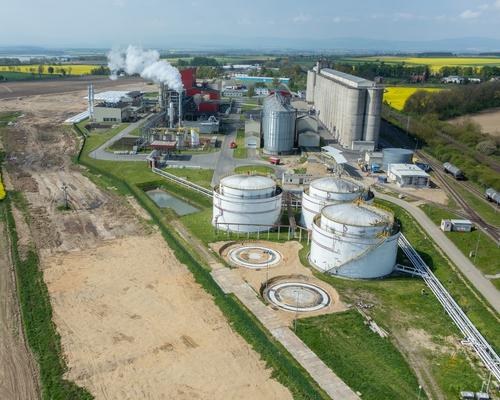“It would be a missed opportunity to pursue carbon removal without explicit societal deliberation about the range of alternative energy futures that are possible in a post-fossil fuel era,” write James Palmer and CSSN Scholar Wim Carton in frontiers in climate.
Abstract:
Conscious of the need to limit climate warming to 1.5 degrees, many countries are pinning their hopes upon carbon dioxide (CO2) removal through the industrial-scale combination of bioenergy with carbon capture and storage (BECCS). But it is not merely by storing captured CO2 that BECCS enthusiasts hope to harness biomass combustion for climate repair. Increasingly, more productive and ostensibly profitable uses for captured CO2 are also being identified. The concept of BECCS is evolving, in other words, into “BECCUS” —bioenergy with carbon capture, utilisation and storage. Against this backdrop, this Perspective sets out two main arguments. Firstly, regardless of the precise use to which captured CO2 is put, efforts to predicate large-scale negative emissions upon biomass combustion should in our view be understood as attempts to reconfigure the fundamental relationship between climate change and energy use, turning the latter from a historical driver of climate warming into a remedial tool of climate repair. Secondly, the emergence of BECCUS cannot be understood solely as an attempt to make bioenergy-based negative emissions more economically viable. At stake, rather, are conflicting ideas about the role that intensive energy use should play in future global sustainable development pathways. This Perspective therefore calls for governance frameworks for carbon dioxide removal to adjudicate between conflicting approaches to achieving negative emissions not only on the basis of technical efficiency, or even “on-the-ground” social and environmental impacts, but also according to compatibility with socially legitimate visions and understandings of what energy—and more specifically energy use—should ultimately be for in the post-fossil fuel era.



